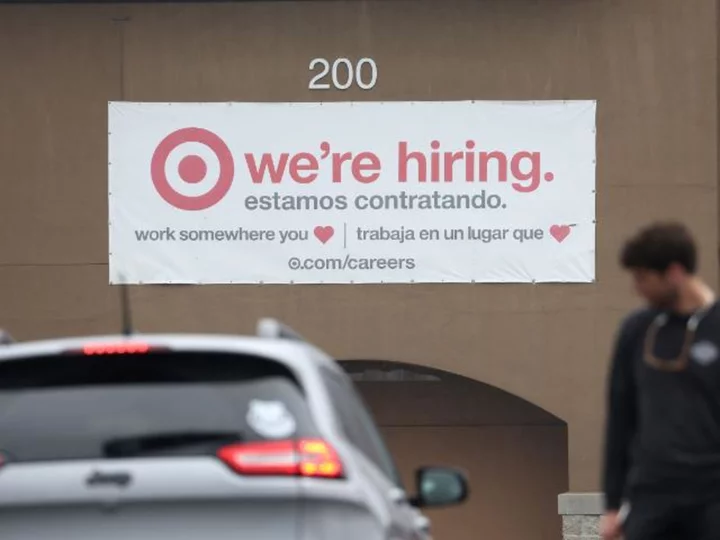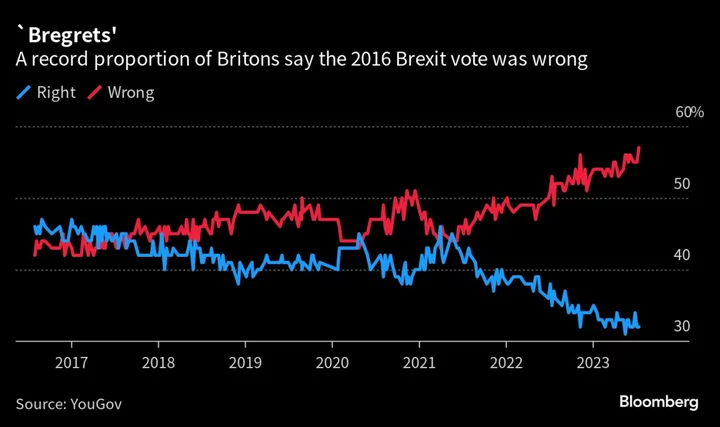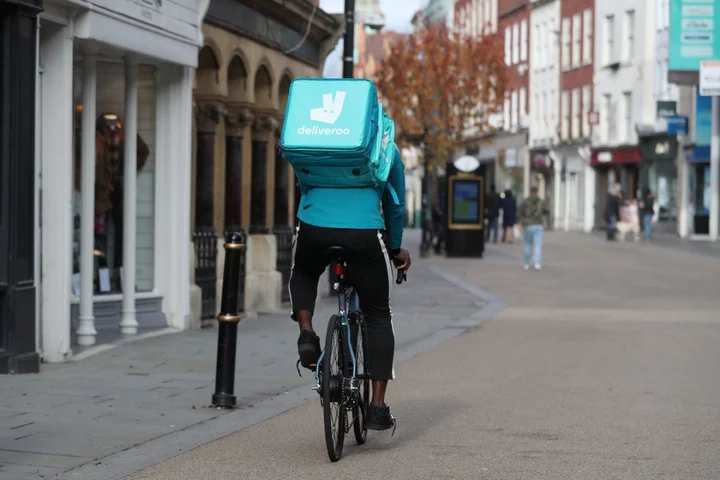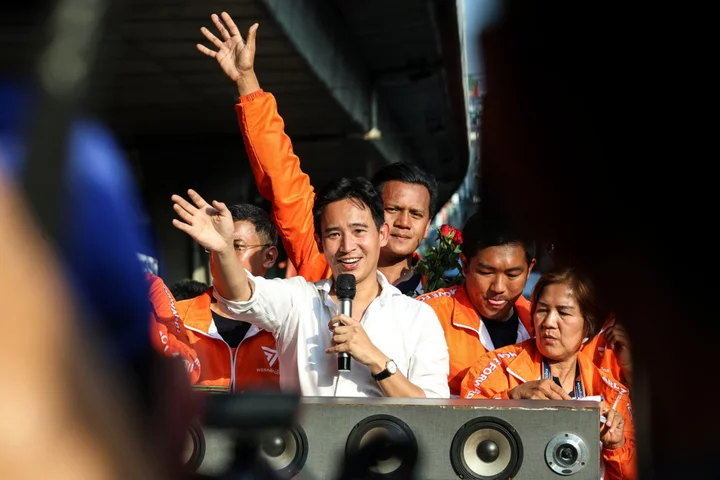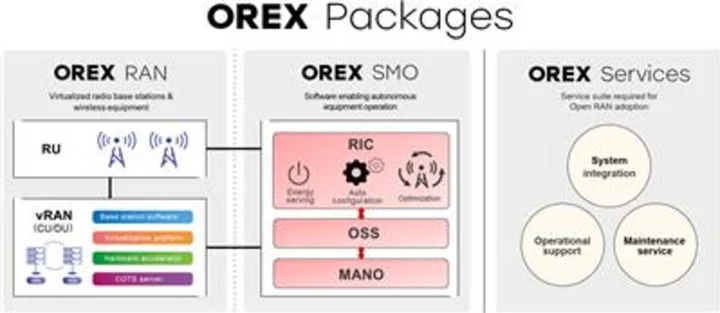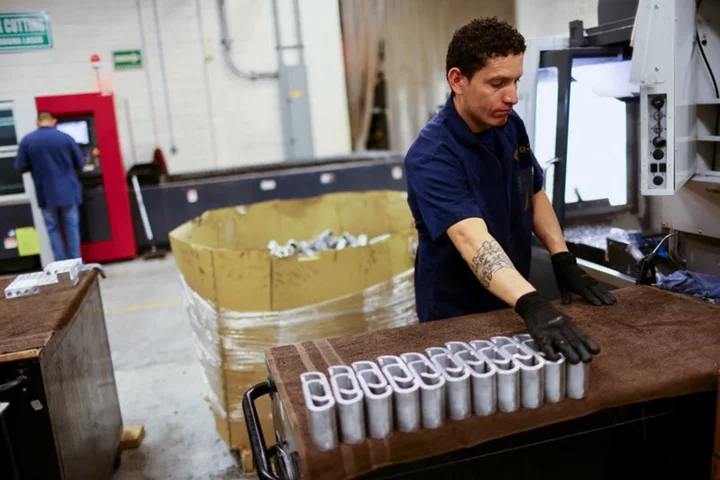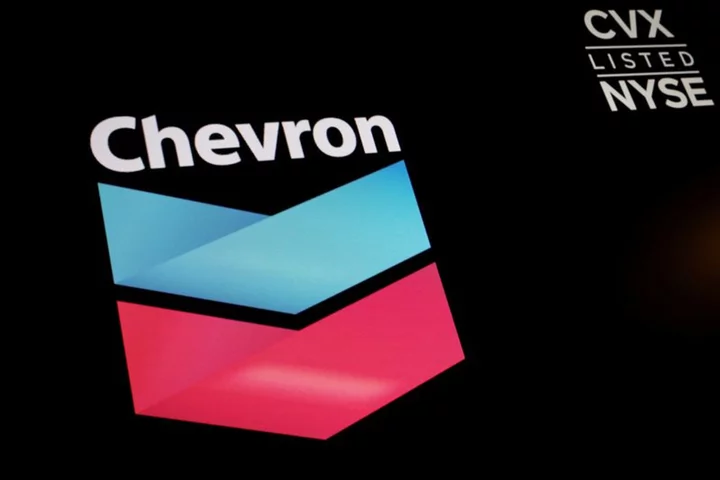Policymakers at the Federal Reserve signaled last month that they were considering a pause in their 14-month long regimen of hiking interest rates to cool the economy and bring down inflation.
But the US economy is like an engine that won't quit — it just keeps on pumping out jobs. New data out Wednesday showed that job openings and hiring both rose in April, while unemployment sits near 53-year lows. With just two weeks left until the central bank's next policy decision, it appears that more rate hikes could be coming after all.
Investors — already contending with fallout from the banking crisis, the lingering effects of debt ceiling turmoil and economic slowdowns in China and Europe — aren't very happy about that prospect.
What's happening: The number of available jobs in the United States rose unexpectedly in April after three months of declines.
Job openings climbed to 10.1 million in April, according to data released Wednesday by the Bureau of Labor Statistics. Economists were expecting about 9.4 million, according to consensus estimates on Refinitiv.
There are now 1.77 openings for every job seeker, the BLS data shows. Hiring activity also grew and layoffs dropped in April.
Job growth is healthy and that's good for the economy. Business and consumer sentiment remain resilient and spending and investment are also proving to be relatively robust. But this could be another case of "good news is bad news" for the Federal Reserve.
Fed Chair Jerome Powell has said that he wants to see more slack in the labor market. If there's an imbalance between labor supply and demand, he says, wages will rise and add to upward pressure on prices.
More data is expected before the Fed next decides on interest rates on June 14, including the closely-watched government jobs report Friday and the Consumer Price Index for May due June 13.
Fed Governor Philip Jefferson said on Wednesday that a pause at the June meeting wouldn't mean that hikes are finished but would instead give central bank officials more time to assess the state of the economy.
"A decision to hold our policy rate constant at a coming meeting should not be interpreted to mean that we have reached the peak rate for this cycle," said Jefferson in a speech. "Indeed, skipping a rate hike at a coming meeting would allow the committee to see more data before making decisions about the extent of additional policy firming."
Also complicating matters: The Fed's favorite inflation gauge bounced higher in April. The Personal Consumption Expenditures price index rose 4.4% for the 12 months ended in April, up from a 4.2% increase seen in March, according to data released Friday by the Commerce Department.
"It remains to be seen whether the Fed is prepared to pause or skip a rate hike at a forthcoming meeting," said Bankrate senior economic analyst Mark Hamrick. "While the Fed is still talking like it is on the inflation righting warpath, the resilience and strength of the job market have been remarkable."
Markets are currently placing the probability of a quarter percentage point rate hike in June only at about 30% according to CME FedWatch. That's up from around 0% in mid-May. Prior to Jefferson's speech, markets were pricing in a 70% chance.
"After last month's meeting, it seemed certain that the word change signaled that the Fed was on pause," said Sam Stovall, chief investment strategist at CFRA research.
"However, due to stronger-than-expected economic reports, stickier-than-anticipated inflation readings, and increasingly hawkish Fedspeak, we now see the [Fed] postponing its pause and raising rates by [a quarter percentage point]," he said.
The bottom line: Uncertainty seems to be the name of the game right now. "Markets may wish for a Fed pivot, but we believe that hope is not a strategy," said David Kotok, chairman and chief investment officer at Cumberland Advisors. "Of course," he added, "that could change at any time."
Debt ceiling deal makes its way to the Senate
The House of Representatives passed the deal to suspend the nation's debt ceiling through January 1, 2025 late on Wednesday night. The final tally for the vote was 314 to 117.
The bill now needs to be passed by the Senate before it can be sent to President Joe Biden to be signed into law.
It's not yet clear when the Senate will vote, but Senate Minority Leader Mitch McConnell told reporters on Wednesday that he hopes the Senate will finish voting on the debt ceiling agreement on Thursday or Friday
"Tonight, the House took a critical step forward to prevent a first-ever default and protect our country's hard-earned and historic economic recovery," Biden said in a statement moments after the House voted. "This budget agreement is a bipartisan compromise. Neither side got everything it wanted. That's the responsibility of governing."
But while Biden celebrated the news, investors weren't as excited. Stock futures inched up immediately after the bill passed through the House but quickly dropped down again. They were narrowly higher early on Thursday.
That could be because of lingering concerns about its passage through the Senate, but also because other worries are likely to return center stage.
Economic problems in China have been rattling US markets.
Factory activity in China dropped to new lows for the second month in a row, fueling investor fears that the country's post-Covid economic boom is ending. American CEOs, including JPMorgan chief Jamie Dimon and Tesla head Elon Musk, have flocked to China this week to assess the risks to their investments in the country.
Dimon for president?
Jamie Dimon is arguably the most powerful man in corporate America. He may be eying political power, too.
Normally, Dimon is quick to shoot down speculation that he could run for office. But in an interview with Bloomberg Television released on Wednesday, Dimon didn't rule it out.
Asked if he's ever considered a public office position, Dimon said: "I love my country, and maybe one day I'll serve my country in one capacity or another."
Dimon, 67, stressed that he's focused on running JPMorgan, a role that has become even more complex amid the banking crisis and the ongoing debate over the debt ceiling, reports my colleague Matt Egan.
"I love what I do," Dimon told Bloomberg, adding he's "quite happy" in his current job. He noted JPMorgan does a "great job helping Americans, for helping countries around the world."
In 2016, Dimon said he'd "love to be president" but added it's "too hard and too late" for him to do that.

